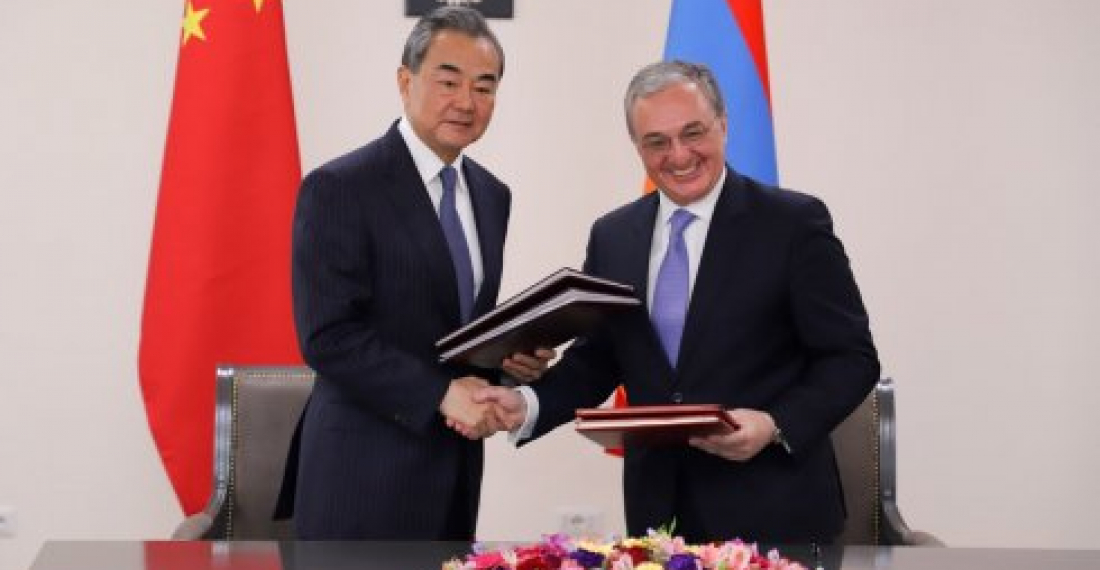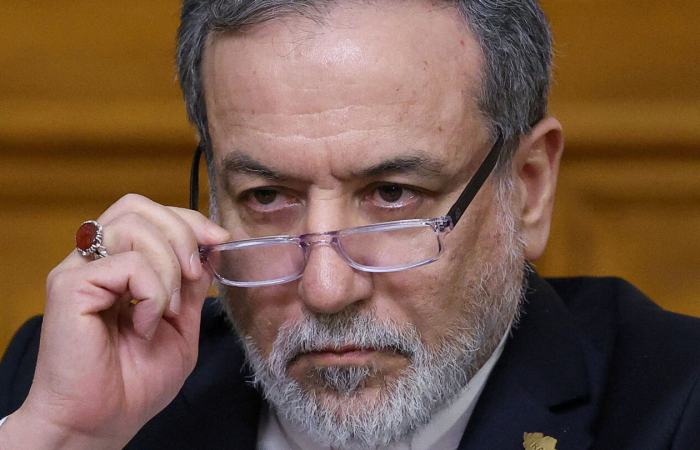Безвизовый режим является лишь одним из двусторонних соглашений, заключенных двумя странами во время визита в Ереван государственного советника и министра иностранных дел Китая Ван И.
В воскресенье (26 мая), во время визита в Ереван министра иностранных дел Китая Ван И, Китай и Армения подписали соглашение о взаимной отмене виз для владельцев обычных паспортов граждан их стран. На встрече с министром иностранных дел Армении Зохрабом Мнацаканяном государственный советник Китая подчеркнул, что Китай считает Армению важным партнером в Евразии. Он также сказал, что его страна готова расширять сотрудничество с Арменией в области торговли, технологий, инфраструктуры и стабильности.
Наряду с соглашением об отмене виз, стороны также подписали договор об экстрадиции, протокол о безопасности пищевых продуктов и соглашения, касающиеся торговли армянским медом с Китаем. Министры иностранных дел договорились углубить двусторонние торгово-экономические связи между двумя странами и содействовать дальнейшему сотрудничеству в рамках инициативы Китая «Один пояс, одна дорога».
В ходе визита Ван Йи также встретился с премьер-министром Никол Пашиняном и президентом Армении Арменом Саркисяном. Саркасян высоко оценил инициативу Китая «Один пояс, одна дорога» и заявил: «Дружба между нашими народами восходит к дружескому сотрудничеству, охватывающему века и тысячелетия».
Пашинян высоко оценил достижения Китая в области развития и сказал, что готов учиться у Пекина. Выступая перед Пашиняном, Ван И заявил: «Мы готовы развивать отношения взаимовыгодного сотрудничества с Арменией под вашим руководством».
источник: commonspace.eu по материалам агентств
фото: министры иностранных дел Китая в Армении 26 мая 2019 г.







